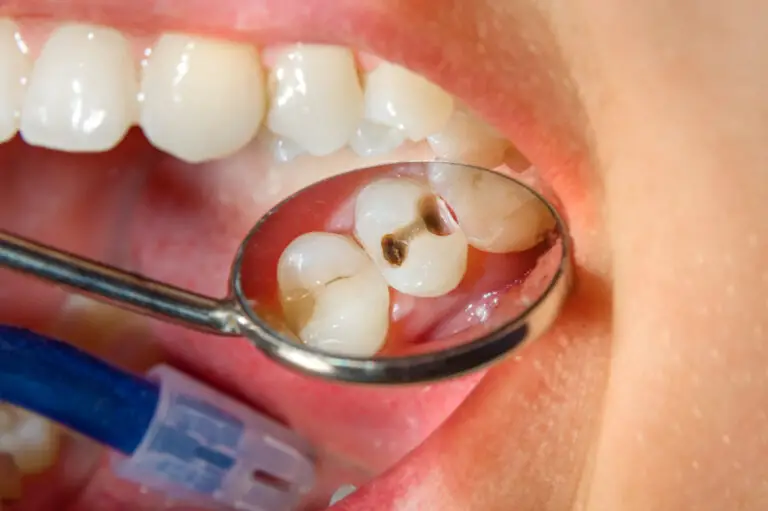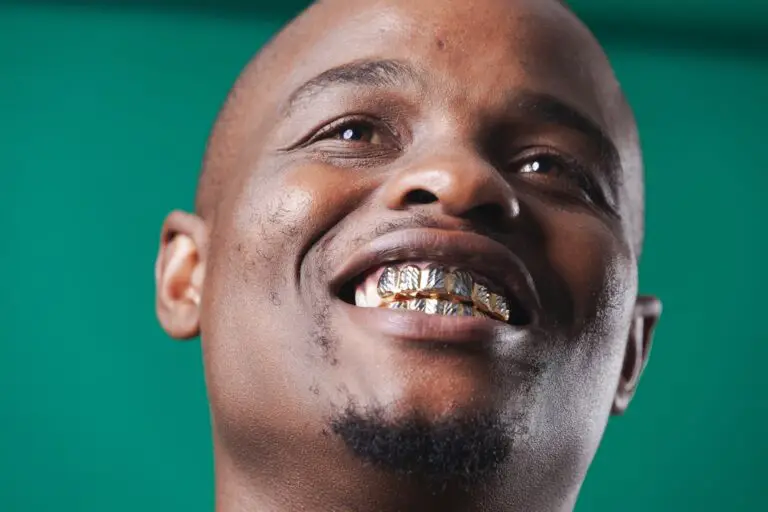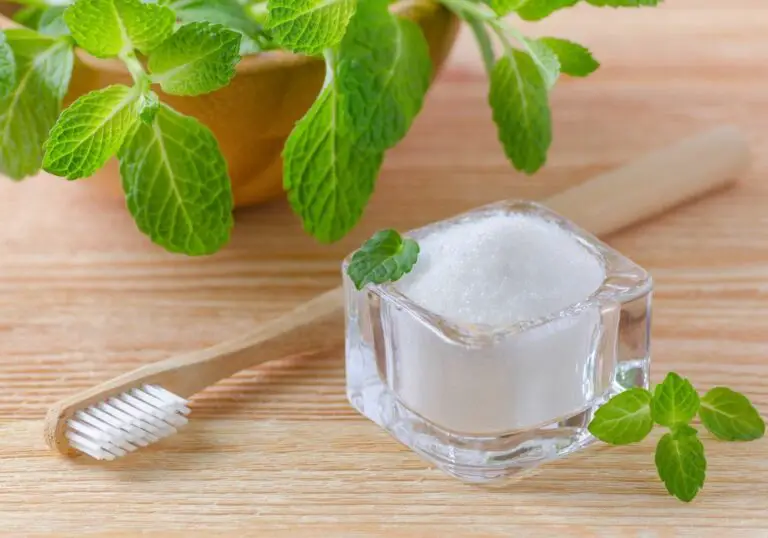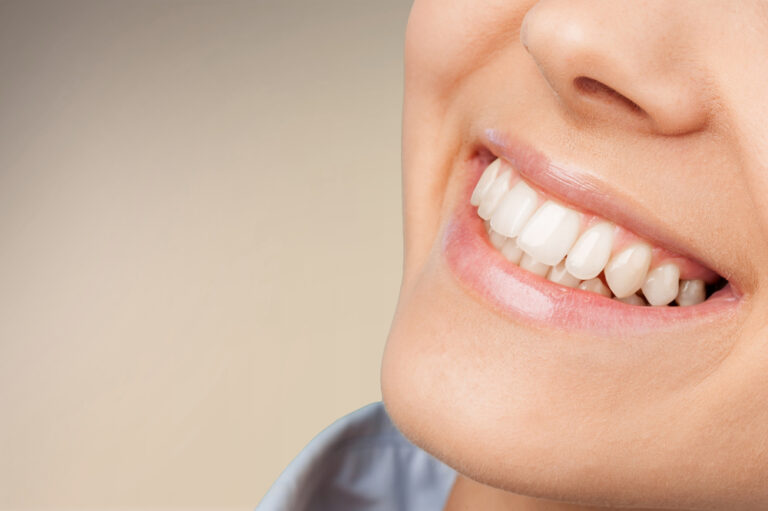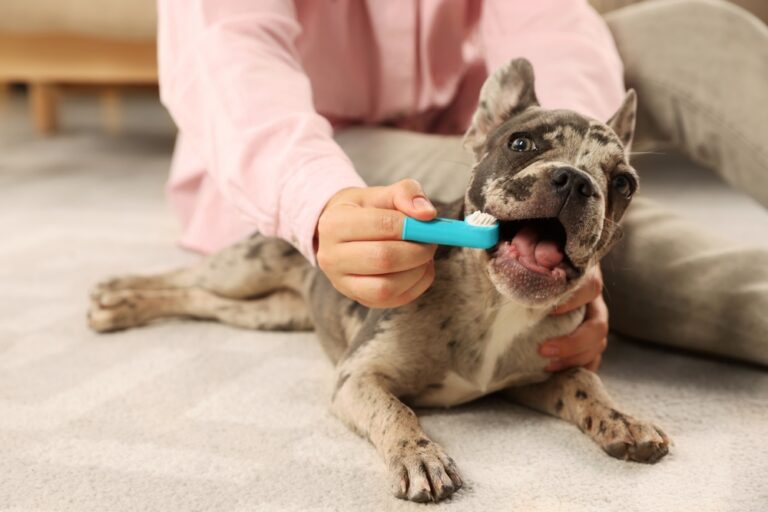Rabbits are soft, cute, and fluffy creatures known for their prominent buck teeth. Along with other herbivores, they have specialized teeth that help them munch on their vegetarian diet. But aside from having famous front teeth, exactly how many do they have?
Thankfully that’s what we’re here to find out! We’ll look at how many teeth do rabbits have and what makes them special, while also looking at common issues they can have. Let’s get started!
How Many Teeth Do Rabbits Have?
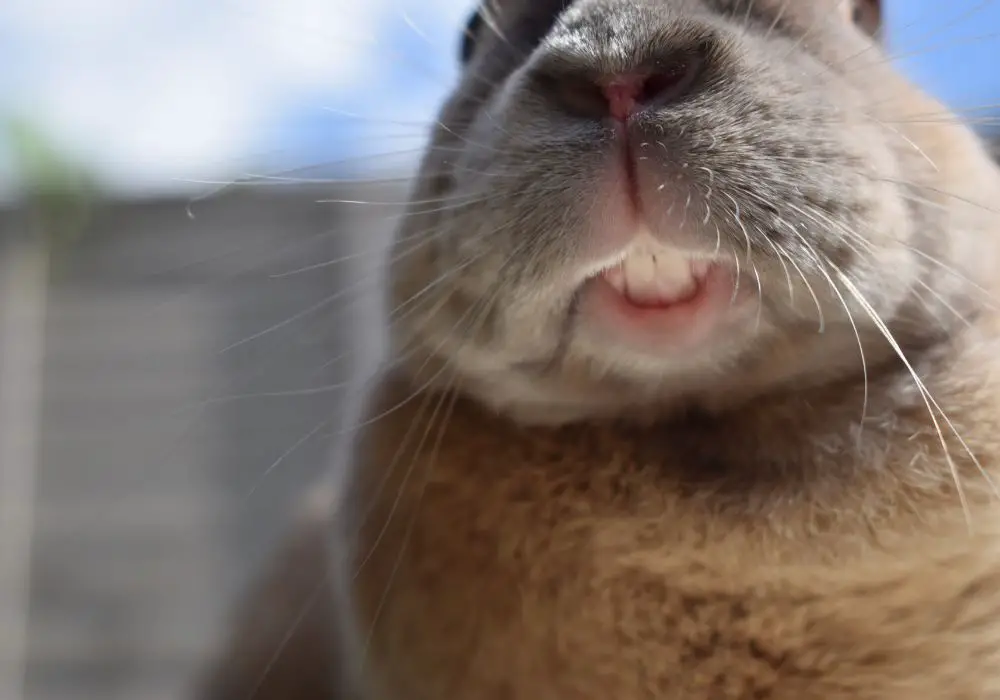
These little creatures are considered herbivorous grazers, which are animals that eat different types of plants like hay, pellets, vegetables, and fruit. With that, they spend most of their time chewing, which is why they need reliable teeth.
Rabbits have 28 teeth, which are classified into different types called incisors, molars, and premolars. The last two are almost identical and are often generalized as the rabbit’s cheek teeth. The only type of teeth that a rabbit doesn’t have when compared to humans is the fang-like canines.
Let’s take a look at these types of teeth in a little more detail!
Rabbit Incisors
Rabbits have a total of six incisors which are made up of two at the bottom, with four of them on top. The large two that we see on the top are called maxillary incisors which are the famous buck teeth commonly associated with the animal.
Those top teeth go over the bottom incisors, which are called their mandibular incisors. They are still large but usually a little smaller than the top set. Along with these, there are two much smaller incisors that are very hard to see, which sit behind their top teeth.
Usually, their bottom teeth can rest on these small top incisors, which are commonly called peg teeth.
Premolars and Molars
These little creatures have 22 cheek teeth with 12 on top and 10 at the bottom. The lower jaw is wider compared to the top, which is why the bottom and top teeth don’t touch when rabbits close their mouths.
This is the reason why rabbits grind their teeth from side to side when chewing. Notice that when they eat, the movement of their mouth/teeth isn’t up and down. Their cheek teeth chewing surfaces are irregular, and when they chew, the rabbit’s food ends up pulped and masticated over these teeth.
Is There Anything Special About Their Teeth?
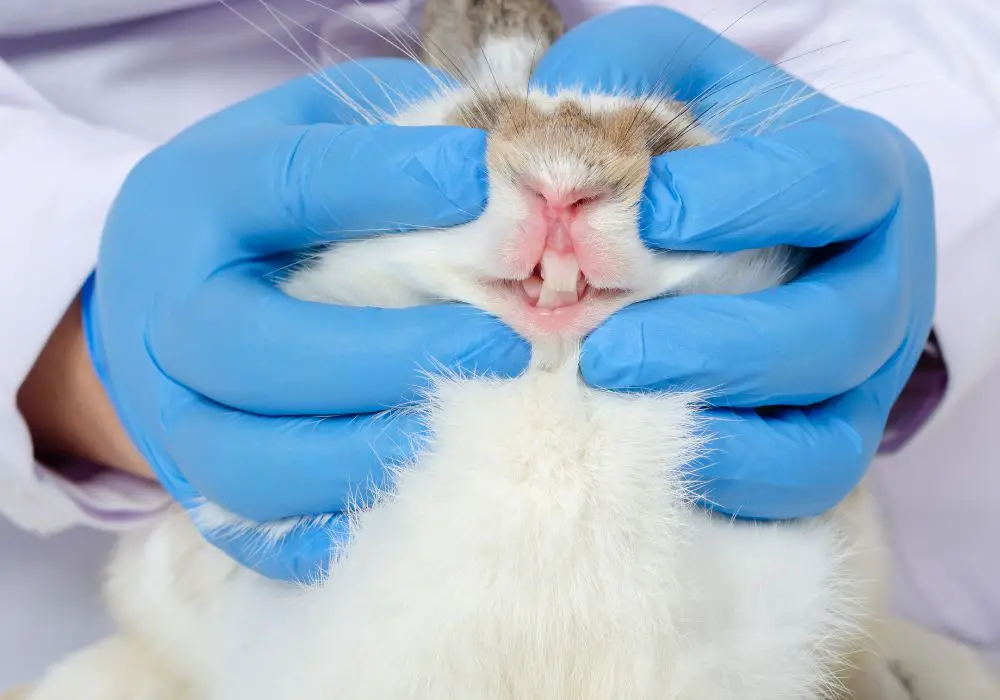
If you look at rabbit teeth, they don’t seem special except for the unique big ones in front. But since they’re small herbivores, they need to eat tons of fibrous veggies all day. That means, their teeth need to be able to handle all that chewing.
Interestingly, their teeth aren’t anything like ours. Theirs continuously grow at about 2mm per week, which is pretty cool if you think about it. These need to grow continuously to withstand the tough fiber that wears them out.
Generally, rabbit teeth are special because they grow continuously, and they’re made for non-stop munching. But is that also why they’re big and prominent?
Well, since these furry creatures are grazers who usually eat hay, grass, and high-fiber plants in the wild, they need teeth to easily bite these off. That’s where their prominent and chisel-shaped incisors help. Without these, rabbits can’t chop off their food to eat.
Common Dental Issues in Rabbits
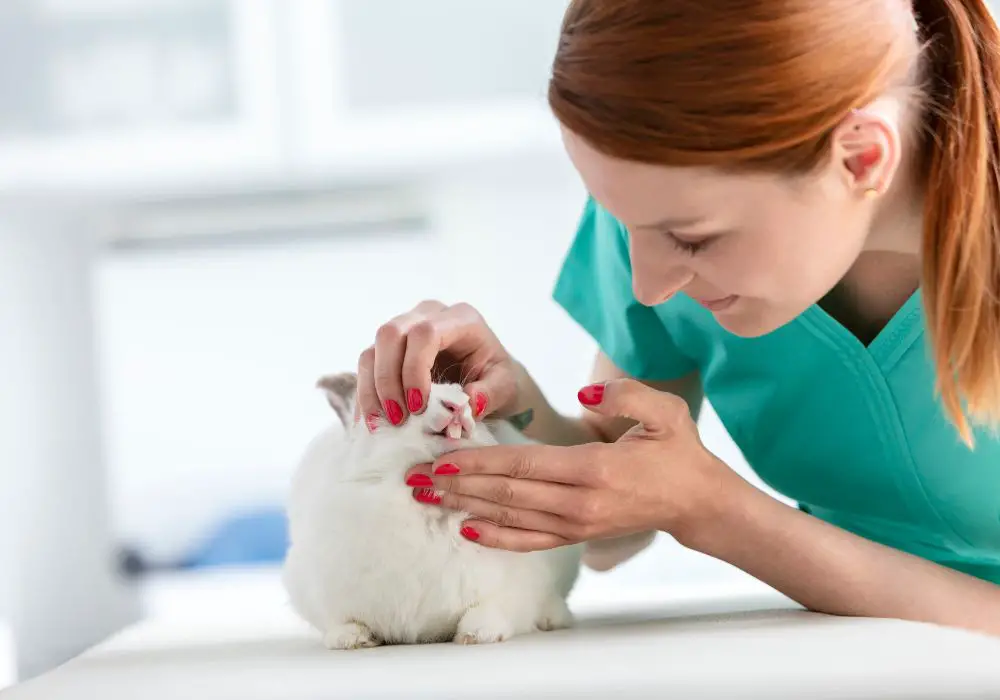
The teeth of rabbits are hypsodonts, meaning, they just keep growing throughout their lives. This is generally useful since rabbits munch a lot, but this feature brings about unique dental issues as well. Since these furry creatures have special teeth, they are prone to dental problems, especially as pets.
To give you an idea, here are some of the most common dental problems that occur with rabbit teeth.
Overgrowth
Rabbits living in the wild rarely suffer from overgrowth since they spend most of their time eating and munching. In the wild, these bunnies also have limited food options outside their usual diet.
When it comes to livestock and pet rabbits, they are the ones at risk of overgrown cheek teeth and incisors. This problem usually happens when the bunnies are not fed the right diet. When their cheek teeth overgrow, what happens is they trap the rabbit’s tongue, making eating difficult.
Usually, bunnies suffering from overgrowth display several physical signs. That means pet owners need to keep an eye out for the following:
- Weight Loss
- Decreased Appetite
- Food Falling from the Rabbit’s Mouth
- Lethargy
- Drooling
- Nasal Discharge
- Swelling
- Reduced Defecation
- Tooth Grinding
To prevent this, your bunny needs a supply of alfalfa, grass, or hay to chew on, and can be supplemented with vegetables or rabbit pellets. However, remember to give these sparingly, plus rabbits also don’t need any types of grains.
Grains promote an incorrect chewing motion, up and down rather than side to side. If you think your bunny has overgrown or misaligned teeth, it is best to visit their vet immediately.
Malocclusion
Another common dental issue among rabbits is malocclusion, where their bottom and top jaws don’t align properly. This happens when their tooth alignment is incorrect so their teeth don’t wear down the right way, leading to overgrowth.
The only way to handle the problem is by trimming the teeth of your bunny but you should never try this yourself. It is considered an anesthetic procedure so should be performed by a professional who will utilize special tools to trim and grind the rabbit’s tooth down.
This problem can happen at the rabbit’s front incisors and back molars. Plus, it can also affect guinea pigs.
For rabbits and guinea pigs, the symptoms of malocclusion can include the following:
- Bad breath
- Lack of appetite
- Teeth grinding
If you notice any of these along with overgrown teeth, contact your vet.
Dental Disease
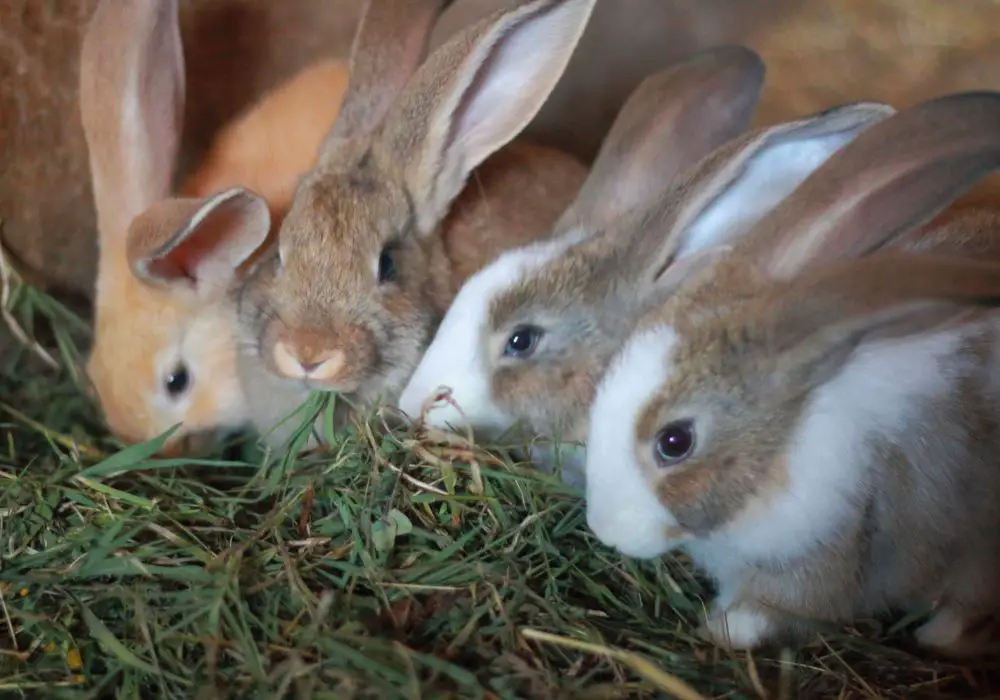
Dental diseases in rabbits can be common if they don’t have the right diet. The most common symptoms include reduced appetite, runny eyes, selective eating, excess salivation, tooth grinding, and diarrhea.
Severe cases may have your rabbit stop eating completely which is a dangerous and considered a medical emergency. Remember, the gut of a rabbit needs to work 24/7, and if it stops, getting it back to function properly again will be difficult.
Since rabbits are considered prey creatures, they don’t usually show any clinical signs of illnesses until they’re severely weak and debilitated.
The clinical signs of these issues are directly linked to their severity. If the dental problem is mild, your rabbit may act normally and not show any signs. But once one of their teeth gets affected, the disease will eventually hit other teeth.
Check out these clinical signs that can be linked with a rabbit’s dental disease:
- Changes in their eating pattern/ability, picky eating, decreased food intake, and difficulty keeping food in their mouths.
- Nasal discharge because of the elongation of the maxillary teeth roots. This can irritate the rabbit’s sinuses which leads to unnecessary discharge.
- Excess drooling eventually leads to hair loss under the rabbit’s chin.
- Bruxism
- Matting of the rabbit’s forelimb hairs is caused by discharge from the nose, eyes, or mouth when they groom.
The dental health of rabbits can be affected by tons of issues related to physiological or anatomical abnormalities. These can hinder the proper eruption and wearing of cheek teeth, incisors, or both. These challenges can be categorized into two main types: congenital issues and acquired problems.
Congenital issues stem from conditions that are present at birth, influencing the development and alignment of teeth. On the other hand, acquired problems are caused by external factors that affect the dental structure after birth.
When it comes to acquired dental diseases, the possible causes include systemic disease, trauma, and improper nutrition. Systemic diseases that cause changes in a rabbit’s usual diet may result in dental disease. If it is a condition that affects calcium levels, rabbits may also suffer from changes in tooth and jawbone placement.
Broken teeth and jaw fractures are the most common traumas in rabbits. These issues can cause teeth occlusion or changes in the jaw if not healed properly. If the cases worsen, the rabbits can end up with improper teeth attrition and eventually, dental disease.
Proper nutrition and maintenance are needed to prevent rabbits from having dental diseases. Rabbit owners must feed them high-fiber food like grass, high-quality timothy hay, and green, leafy vegetables. These kinds of food promote grinding motions of the jaw, which is beneficial for tooth attrition.
Conclusion
While rabbits may be famous for their big front teeth, they also have many cheek teeth which are vital for the chewing of vegetation. This means that all together rabbits have 28 teeth, with six incisors and the rest either being premolars or molars.
An amazing fact about these teeth is that they never stop growing. While that means that can bite off and chew tough plants in the wild without fear, it can pose a problem for pet rabbits as their teeth need to naturally wear down.
If you fear your rabbit has any dental issues, then make sure to check out our advice above and see a vet if you’re concerned.

